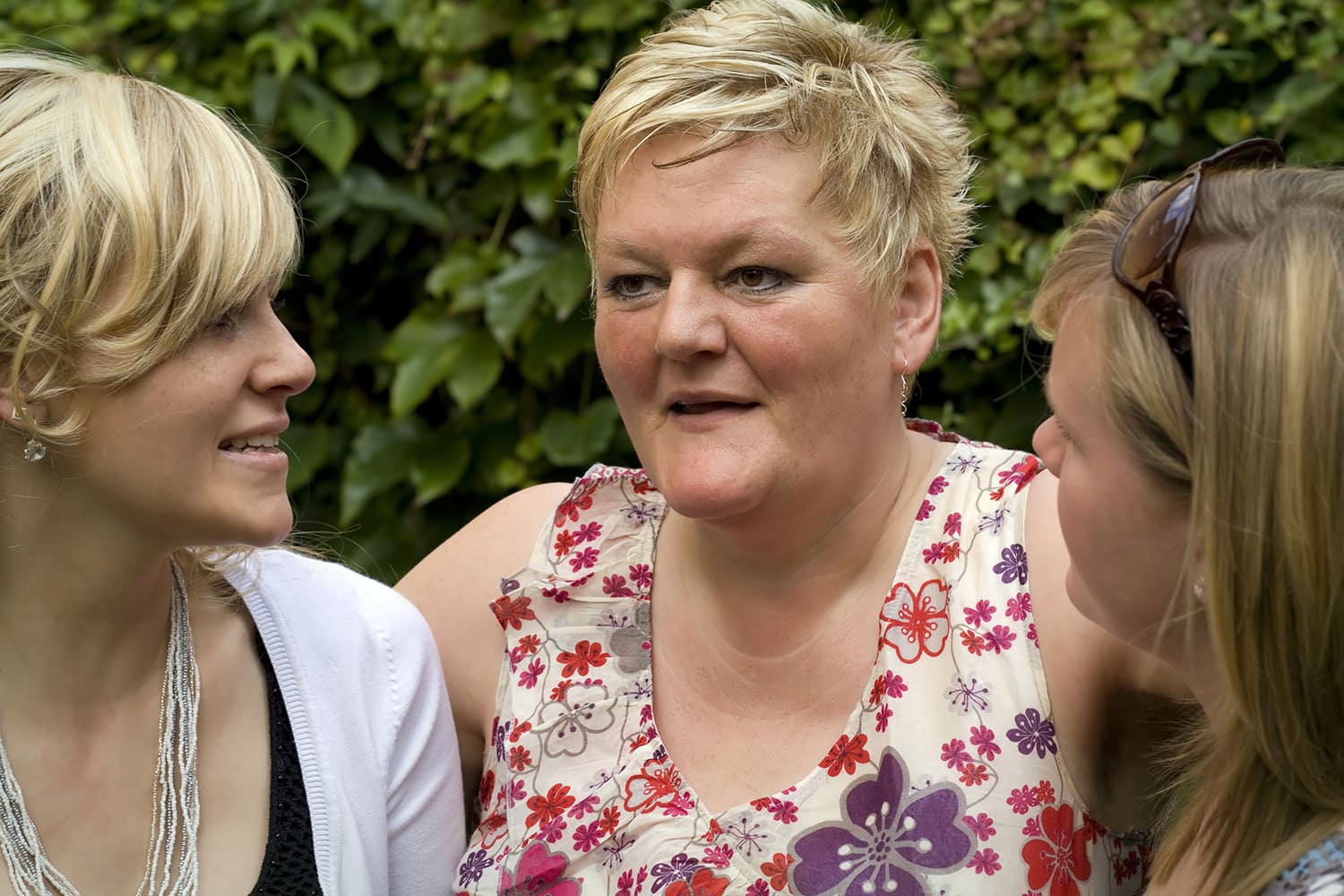GamCare Receives over £1million in Tampon Tax Funding to Reach Vulnerable Women
Topics

GamCare has received £1,191,818 from the Tampon Tax Fund to enable the organisation to reach more vulnerable women affected by gambling problems across England, Scotland and Wales.
Each year around 30% of callers to the National Gambling HelpLine are women, and the number of calls has increased significantly over the last five years. Approximately half of women call about their own gambling and half about someone else’s gambling, and around 21% of clients in GamCare treatment services are female.
Funding gathered from taxes on feminine hygiene products is now made available to charities and organisations working to tackle serious issues affecting women across the UK. GamCare will benefit from this round of funding and will be able to increase awareness of gambling related harm and access to support available to women nationally.
Anna Hemmings, CEO at GamCare, says: “Women can be disproportionately negatively impacted by gambling related harms, which include financial, relationship and mental health issues.
There is also an evidence base to suggest that for women, emotional distress, experience of trauma or managing other difficult situations such as domestic abuse, sexual violence or other pressures can make them vulnerable to experiencing gambling problems themselves.
These problems can cause a sense of isolation and have far reaching impacts on their families, communities and personal lives; however they are often hidden from support services.”
GamCare will work with a nationwide network of organisations who support vulnerable women, raising awareness of how gambling is linked with a range of issues affecting women and girls and helping to better identify women in need – including those affected by domestic abuse, care leavers and victims of modern slavery.
GamCare will strengthen referral pathways into support and treatment services as well as providing tailored treatment options in consultation with service users. We will also engage with academic partners to gather and interrogate data from screening and treatment services to ensure continuous improvement.
Topics




